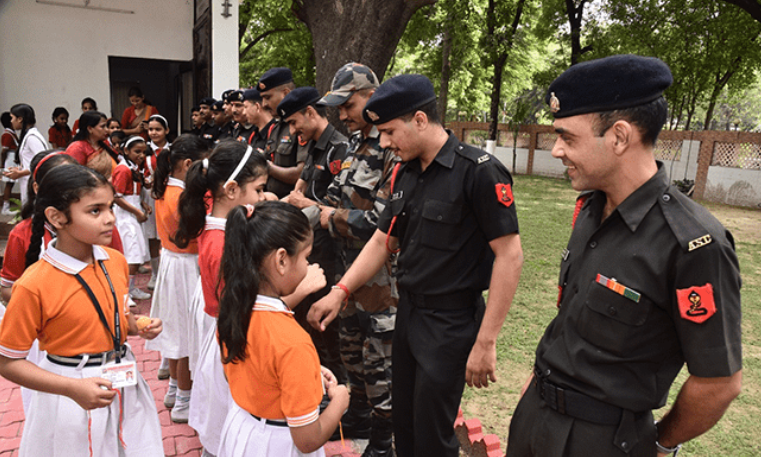
By M.G. Devasahayam / The Wire
The RSS touts itself as the gladiator which opposed the Emergency of Indira Gandhi and brought it crashing down. Its literature describes the Emergency as the “second freedom struggle”, with the Jana Sangh at the head of it.
The truth couldn’t be more different. Barring exceptions, the RSS’s functioning during the Emergency was appalling. The lawyer A.G. Noorani was categorical when he wrote this:
“Every year on the anniversary of the Emergency, the RSS and its foot soldiers, especially those in its political wing, the BJP, go to town denouncing the sin. It boasts of the “sacrifices” made by it and its political front, the Jana Sangh, ancestor of the BJP, during the Emergency… They have no locus standi to make noises about the Emergency. Its own leaders grovelled before the Congress dispensation to win reprieves from jail terms and have the ban lifted on their organisation.”
The RSS is also on the mat for betraying Jayaprakash Narayan – JP – whom they claim as their icon. In a booklet titled RSS: Depth & Breadth (2022) the Kannada author Devanoora Mahadeva writes that during the 1975 Emergency, the BJP infiltrated the JP-led movement opposing Indira Gandhi’s authoritarian rule. Since then, its character has completely changed. The Bharatiya Janata Party, once rejected by society, began to be accepted. The RSS members of the then-Jana Sangh (later to become the BJP) who joined JP’s newly formed Janata Party promised they would give up membership in the RSS. Prominent among those who made such promises were A.B. Vajpayee, L.K. Advani and then RSS chief Bala Saheb Deoras. JP trusted their word, but they never shed their RSS affiliation and did not give up their membership. It was a political ploy.
“JP was double-crossed and his trust was betrayed. Lamenting on this betrayal during his later years, Jayaprakash Narayan recalled, ‘They betrayed me” and explains the context: “During the emergency of 1975, when Jayaprakash Narayan was under house arrest in Chandigarh, the government appointed M. G. Devasahayam, the District Collector, for supervising JP’s house arrest. In course of the daily companionship, he became close to JP. Their association continued after his release (from house arrest). The aforementioned words appear in an interview given by Mr. MG Devasahayam to Ajaz Ashraf. It has been published in Newsclick online newspaper on 26th June, 2019.”

Jayaprakash Narayan. Photo: Facebook/For the Better India.
Mahadeva is factually a little inaccurate. JP was not under ‘house arrest” and I was not appointed to supervise it. He was an Emergency prisoner detained under the dreaded Maintenance of Internal Security Act by the district magistrate (DM), Delhi and transferred to Chandigarh for safe custody. And as DM of the union territory, I was his custodian in jail. But the rest of what Devanoora has written is true, because JP discussed these matters with me himself. He also confided in me that the Janata men who had come to power were very much a part of the rotten system which had created the culture of Emergency. They were not the “party of good men” of which JP had dreamed. The Janata Party government collapsed in mid-1979 primarily due to the intrigues and betrayal carried out by the RSS and Jana Sangh.
This story was originally published in thewire.in . Read the full story here






